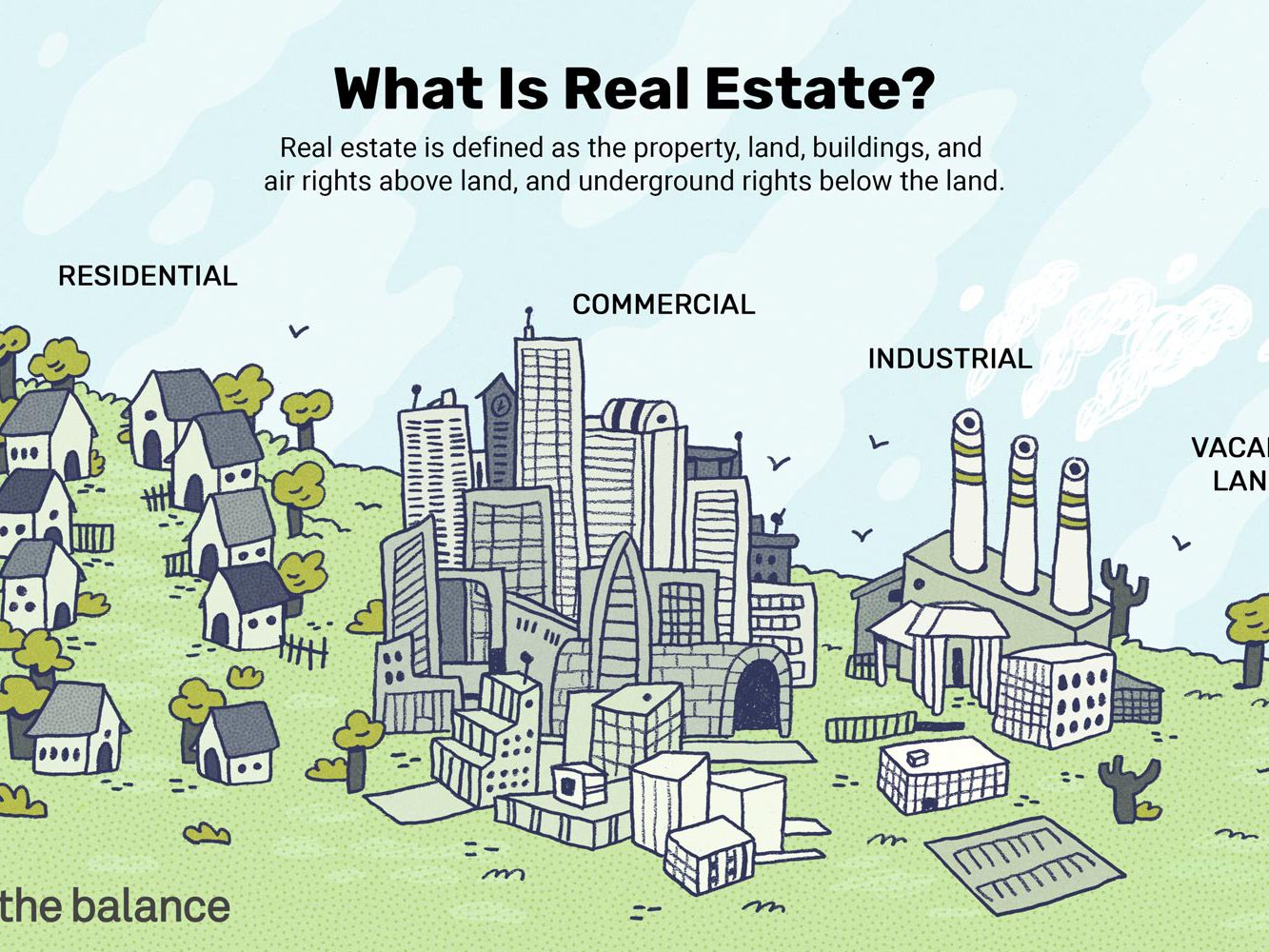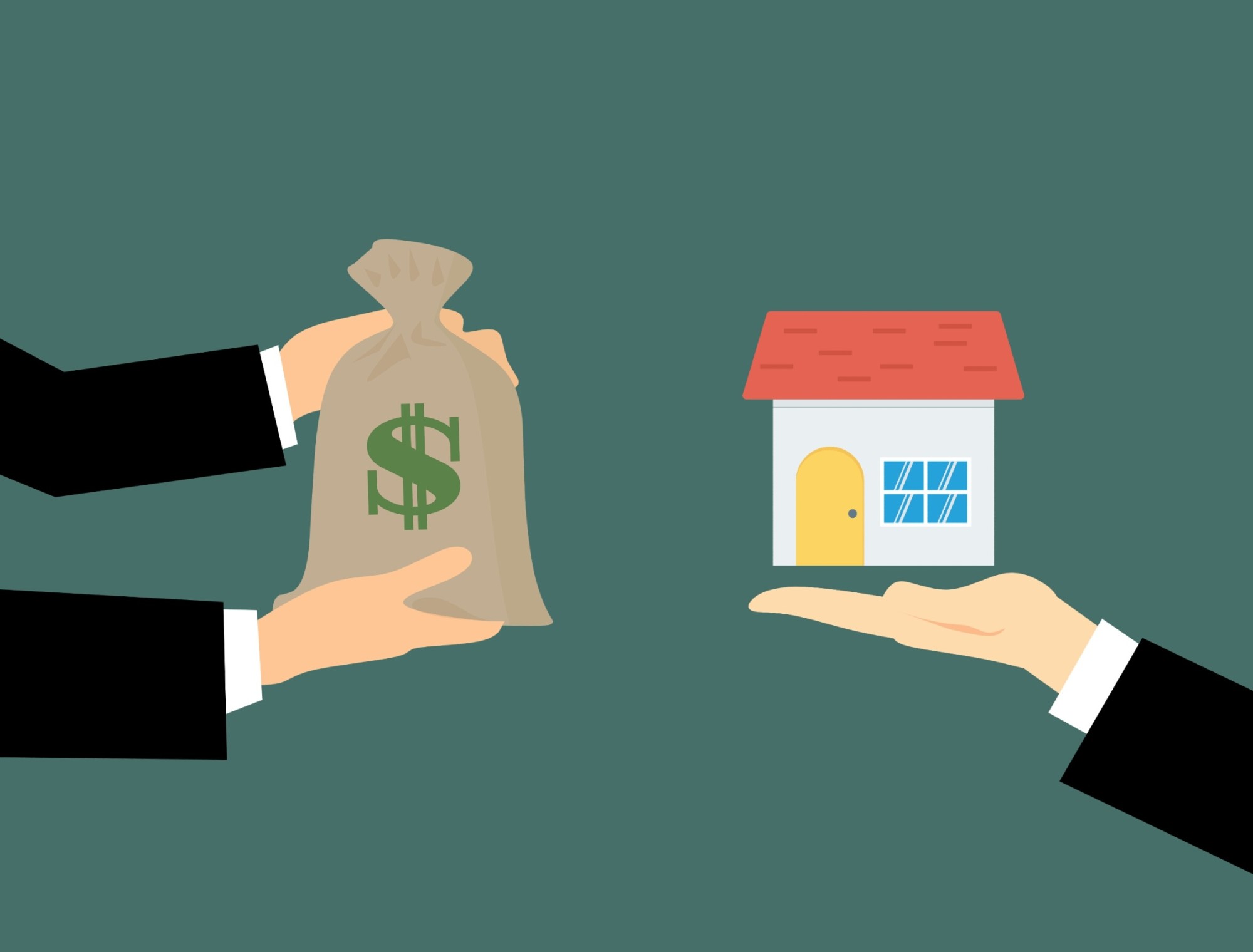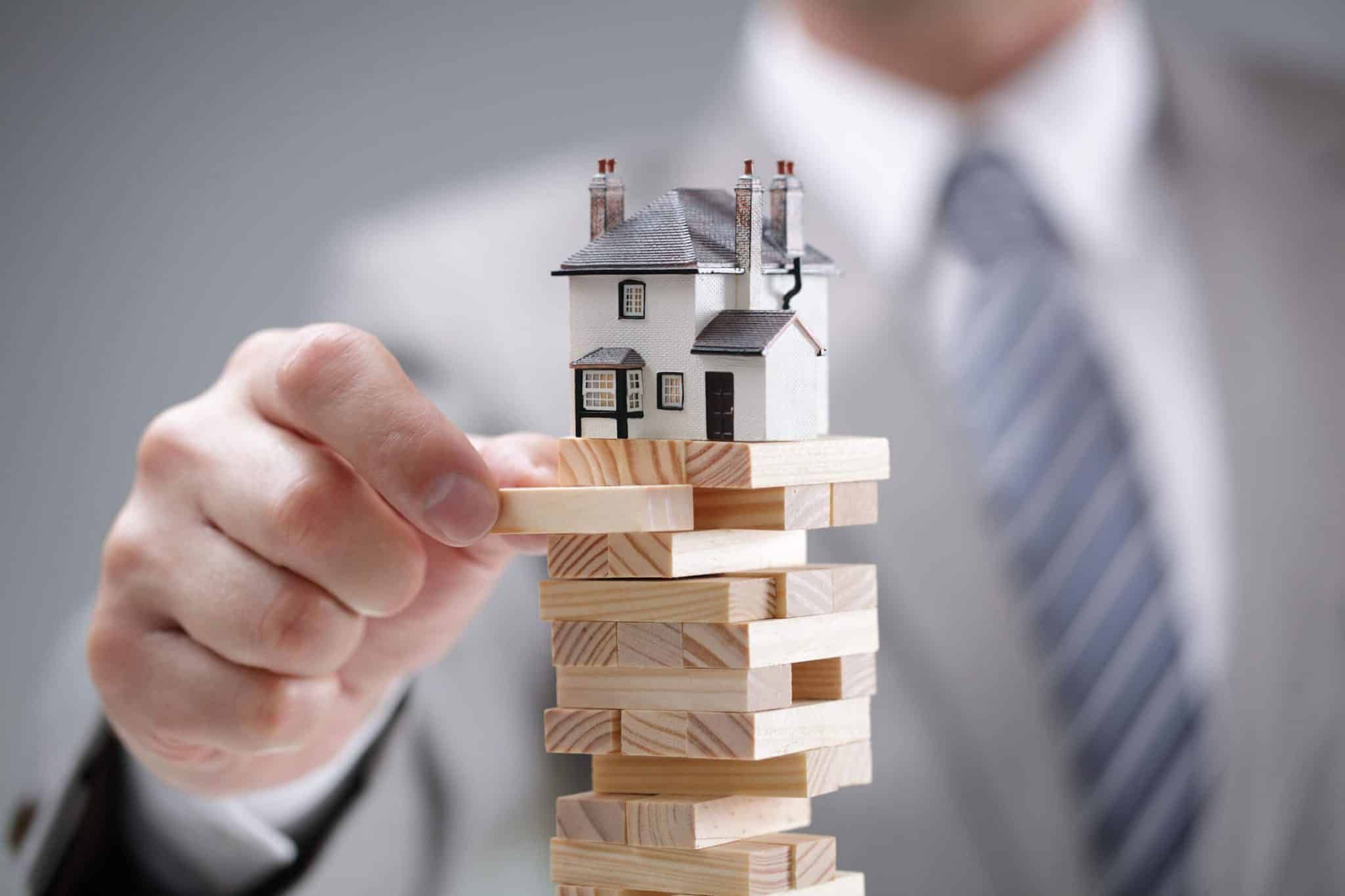Real Estate Development business, also known as Property Development business, involves processing, leasing, buying, and selling of raw and developed lands, the renovation and reselling of existing buildings, financing of real estate contracts, and then the organization of these contracts for a price or rather a salary.
In 2019, when a peek was taken into the statistics of the real estate development business, it was recorded that it experienced a 13 percent increase from the last time the statistics was taken in 2006.
Subsequently, the influx into the real estate development business has been on the rise; partly as a result of its reputation to yield high profits and on the other hand, the luxury it affords individuals to engage in other ventures. Well, it’s important to note that you can only achieve this if you play your cards right.
And for the most part, this post was designed to help you play those cards right as it covers the key aspects of starting a lucrative real estate development business including its processes.
Real Estate Development Business Process
Kick-starting a real estate development business basically involves your ability to take risks. It also entails having the foresight and being able to predict accurately (at least up to eighty-five percent).
The real estate business can be categorized into three forms namely:

i. Residential real estate development business; talks about the trading of houses (residential buildings,) raw lands, and road construction contracts.
ii. Commercial real estate development business; involves trading commercial buildings like eateries, malls, hotels, bank buildings, amongst others.
iii. Industrial real estate development business; deals with the trading of Industrial buildings and properties.
So in general, the real estate development process talks about you choosing a niche amongst the three forms mentioned above as it is not something you just dive into.
Next is to acquire properties relating to that niche, and then leasing or selling off the acquired properties.
However, if you do not have the funds to acquire properties, you can start as a real estate agent for individuals and firms who are interested in selling off their properties, acting as a middle man.
Read Also: Businesses to Start with 200k in Nigeria: The Top 10 (+ Business Plans)
Who Is a Real Estate Developer?

A real estate developer also called a Realtor, is someone who is into the business of selling and acquiring landed properties. A realtor or real estate developer fills in as a middle man between owners of properties and buyers who want to acquire those properties. The person(s) have the primary function of making intense research about any real estate property up for lease or sale, and their necessary demands.
Real Estate Development Salary in the US?

Developers do not specifically have an exact amount of money they earn, as profits generally depend on the individual cost of the property being sold. In other words, real estate development salaries are contract-based.
Most times, the developers get about twenty to thirty percent of whatever profit that comes from the sale of properties.
However, there is an exception to this style of earning. This is when a developer works with a firm and may have consented to a salary structure on appointment.
But regardless of these factors mentioned above, the average annual real estate development salary for developers ranges from $8,862 to $10,000.
What Is the Role of a Real Estate Developer?
Before you begin, you should have a thorough grasp of the job’s responsibilities. A job description for a real estate developer comprises the following items:
- Investigate land for potential developments.
- Renovate existing structures
- Control construction details.
- Negotiate Deals
- Project funding
- Obtain permissions
- Attend public meetings in order to obtain public permissions.
- Oversee projects from beginning to end.
- Create and carry out real estate initiatives
What Kind of Experience Is Required for Real Estate Development?
There is no single road to becoming a real estate developer, but certain areas of skill tend to lead to the position. With the necessary expertise and preparation, construction, architecture, law, finance, urban planning, and existing real estate experts can all enter the field of real estate development. You should consider getting your real estate license. A bachelor’s degree in real estate, business, finance, or a similar profession is also advantageous. The ability to plan and organize projects, general real estate knowledge and an entrepreneurial spirit are all necessary talents for becoming a real estate developer.
What Are the Many Avenues in Real Estate Development?
Real estate development jobs are classified according to experience level. Some examples of entry-level positions are:
- Associate in real estate sales
- Architecture Designer
- Asset management expert
Positions in the middle-level of developer analysts include:
- Project Manager
- Real Estate Analyst
- Real Estate Agent
- Senior Advisor
The following are examples of top-level, or executive, positions:
- Product manager principal
- Senior financial analyst
- Director of Strategic Accounts
- Chief Risk Officer
The real estate developer profession encompasses a wide range of job opportunities. Find a niche in real estate development, chat with people who work there, and then pursue a suitable path once you’ve examined your possibilities.
Is It Necessary to Have a Large Sum of Money to Begin Your Career as a Real Estate Developer?
To enter into real estate development, you will need funds, but you do not have to have them personally. The majority of real estate developers finance their projects using an investor, personal loan, or bank loan. If you’ve never received finance for a real estate project before, you’ll almost certainly need to work on putting together a business plan to show to investors or lenders. If you need a business loan, make sure to search around and compare rates to get the best deal.
How Can You Become a Real Estate Developer?
Basically, there are two major ways you could become a real estate developer. These include the following;
#1. Become a real estate agent
Not everyone is privileged to afford the startup fund or capital needed to acquire properties. Hence, it’s advisable that you start as an agent.
Mediate between owners of properties and buyers. Search the market for people interested in selling or leasing their buildings, lands, and properties; link them up to those ready to buy, and then discuss your share of the profit with the owners.
Usually, a number of owners, let the agents have about twenty or thirty percent of the profit. And over time, you will be able to save up your capital.
#2. Acquire properties
If you can afford to acquire properties, then, trust me, it’s a great start for you (only if you take the right steps).
Well, taking this route is pretty basic though.
Acquire lots of raw lands, residential homes, already existing commercial buildings, unfinished sites or buildings, and other properties. Renovate and give finishing touches as it will increase your selling rate. (Frogbones) And sell or lease them to buyers or people ready to rent them.
However, you can’t go about acquiring just any property you find out there. You should prioritize carrying out in-depth researches on these properties in question to just purchasing tons of them.
Read Also: FASHION DESIGN BUSINESS: How to start a home-based fashion design business
Myths and Realities
“It’s Simple to Setup a Real Estate”
Individuals often believe that real estate development is throwing money at a project and waiting for a return while others perform all of the work. The reality is that developers are extremely hardworking and involved in every aspect of the process. They must also have exceptional intuition for identifying opportunities and forecasting what will appeal to buyers or renters 18 to 24 months after breaking ground. It can be arduous and difficult labor, and it is not for the faint of heart.
“You’re in Charge of Real Estate Development”
To analyze and buy the target property, developers must work with agents. They must raise funds from investors and bankers. Architects, suppliers, general contractors, and subcontractors are all continuously in contact with developers. Don’t forget that inspectors and government officials are literally in charge of the project’s progress with a probable success or failure at every stage.
“Real Estate Development Is a Simple Process”
You select a property. You construct a structure; and then receive the benefits. What could be easier? There are no guarantees in real estate growth, and it is never a linear process. Whether it’s new construction from the ground up or a full-scale gut restoration, Murphy’s Law applies: “Whatever can go wrong, will go wrong.” Materials may be delayed or incorrect. Contractors can disappear, and work can be done incorrectly. Unexpected challenges are an unavoidable part of any building job. Developers must be innovative problem solvers with an agile attitude and Job’s patience.
“Real Estate Development Is Always Profitable”
While practically all types of real estate have the potential to generate spectacular long-term benefits, almost no developer hasn’t experienced losses at some point. If you look at the last 20 years in New York City, you’ll notice several, significant market movements that no one could have predicted. Real estate development is a risky business, and smal developers always have a personal financial stake in each project’s success.
Where should you start if you’ve digested the facts of real estate development and still want to press ahead, or at the very least learn more?
How Do You Start a Real Estate Development Business in the US?
The success of every business is measured by how much growth the business has made in a specific frame of time. But while we can not literally fast-track the growth of any business, there are about a list of things we could do. And that’s ensuring our bases are properly covered.

Here’s a list of things to do when starting your real estate development company.
#1.Write your business plan
A business plan summarizes the future projections of your business. Writing a business plan helps to give you a sense of uniqueness since this is where you outline your unique selling point.
Writing a business plan also gives you a sense of direction as the plan acts as a map. It basically includes an executive summary, your target audience, financial projection, growth and marketing strategy, and your unique selling point.
#2. Obtain a real estate license
This is what gives you the legal right to carry out your business in a certain location. The prices and processes of getting a real estate license differ from state to state.
#3. Choose a location(s)
Pick a country, state, or city that would be your target location. Picking a location will help you narrow down the demography you want to cover as regards your business.
#4. Build a team you can trust
It is impossible to run a company alone and succeed because you cannot be everywhere at the same time. Hence, picking a set of trustworthy and loyal individuals is vital.
For a real estate development business, your team should include a broker, a manager, a lawyer, a consultant, an Inspector, a Closing Agent, a Clerk, a Foreclosure Specialist, a developer, a builder, and a Property Manager.
#5. Setup a capital structure
A capital structure is also called the financial structure. It helps you run the financial activities and growth of the business. It also helps you finance your assets by balancing debts and equity.
#6. Set up a Marketing plan
A marketing plan involves setting up a strategy for marketing your lands and properties. A marketing plan helps you come up with unique selling points that project your business to the right customers.
The plan features the target market, the brand’s value proposition, marketing strategy, budget, and metrics for ascertaining the progress of your marketing strategy.
#7. Develop a management structure
A management structure determines how you want to run your business, the activities, and roles of your team. In recent times, the team-based management structure has proven to be very effective and less stressful.
#8. Look for investors
An investor is someone who supports your business financially with the aim of getting financial returns. Real estate development businesses require large funds to run. Hence, it will be wise to search for investors.
In your search for an investor, a concise business proposal should do the magic.
Read Also: DRY CLEANING BUSINESS: How to start (+ dry cleaning business plan)
#9. Publicize
Get the word out!
This will involve announcing your business to the world. But, when it comes to this, strategies differ.
It is up to you to discern and decide which to leverage on.
However, one strategy that has proven effective over time is leveraging your contacts. This is where you judiciously put into use, every contact and connection you’ve established over the years.
#10. Develop a CRM
Customer Relationship Management system helps you come up with effective ways of making your customers ask for more just like Oliver Twist. CRMs help you manage, keep, and get new customers. It also encourages team communication, helps to manage your customer database, and manage your relationships and interaction with existing and potential customers.
#11. Join the national body of realtors
Identifying with the national body of realtors helps expand your connections. Here, you will meet more skilled and experienced realtors who’ll assist you in gaining a stance in the real estate world in no time. This also helps you to gain recognition in the locality where you find yourself.
#12. Join a broker
A brokerage is an agency of brokers. Meeting very experienced brokers will help you learn from their experience and strategies too. A brokerage as an agency looks out for you as a broker and helps you to expand your tentacles.
#13. Build your personal brand
Your personal brand is a trademark that distinguishes you anywhere. What many realtors and people in other forms of business don’t know is that the growth and success of a business largely depend on banding.
As odd as it might sound, real estate business is a networking business based on leads. You will need to up your game and be ready to build not just a business, but also build a brand that connects and build relationships with people.
The Common Mistakes
Clearly, there are numerous places where things might go wrong in such a sophisticated process. The issue isn’t that things go wrong, but that flexibility isn’t built into the structure or plan to allow for such unavoidable failures. Thus, funding that requires extremely rigid completion dates or allows for massive fines, as well as a building plan that ignores weather or the delay of governmental permits, must be avoided. You must prepare for things not to go as planned – as a successful developer puts it, “A good developer is not wiser than the failures – just more pessimistic.”
The following are some common dangers to avoid:
#1. Keep In Mind That the Bank Is Not Your Friend
Most construction loans have them keep money on which you still pay interest and dole it out to you until a particular level of completion is reached. Obviously, they are not in a rush to move that process quickly, and it is not unheard of for a bank to pray for a project’s collapse at the end so that they can foreclose and seize the nearly completed project. Your financial documentation must be meticulously structured.
The internal structure and control of the developing entity must be properly refined to avoid the risk of decision-making delays or disputes that halt decision-making ability. In this high-risk industry, limited liability is essential, and guaranties should be avoided.
Do not put all of your trust in one specialist to the exclusion of the checks and balances you require from others. As a result, the architect, engineer, contractor, and subs must ALL be listened to, and advice from one must be weighed against advice from others. Make good contracts that require performance (and the absence of mechanics liens) as a condition for payment.
#2. Learn About the Lien Laws
A single unpaid subcontractor can devastate your project if the stop notice or lien arrives before the loan advance date. To protect yourself, use joint checks and lien releases.
Expect some of the project to be delayed due to inclement weather and poor subcontractor performance. Expect the government to move twice as slowly as it should and at least one building inspector to be the worst person you’ve ever met.
If you are building in a neighborhood or location where there is substantial local community opposition, set aside enough money and energy to deal with it or expect to fail. Learn about local politics and, if necessary, hire local professionals.
#3. Do Not Be the First to Propose Zoning Changes
Don’t Be the First to Alter the Character of a Neighborhood.
Before you buy, look into the property’s history and environmental contamination. YOU ARE RESPONSIBLE FOR ALL ENVIRONMENTAL CLEANUP ONCE YOU HAVE BOUGHT THE PROPERTY. A gas station in that area fifty years ago could have cost you hundreds of thousands of dollars.
Use the appropriate team and listen to them, but make your own decisions. No one is as invested in the project’s success as you are; everyone has their own goal.
Plan for a slower market for the sale of your property (or a delay in rents) just as you put it on the market. Don’t put yourself in a position where you have to sell or rent your home or else calamity will strike. Everything will cost twice as much and take twice as long as you anticipate.
What Does a Real Estate Development Company Do?
Real estate developers, in particular, buy land or cooperate with landowners to create a strategy for what to build or renovate on that site. They attract investors and forecast how much money the new homes or businesses would generate. Developers then oversee construction and eventually sell the project.
Is Real Estate Development Profitable?
Commercial real estate development can be profitable, but it can also be tough; particularly if you’re new to it. A property may be worth $2.5 million when the project is completed. The developer can make money by collecting rent from tenants found through a commercial broker.
What Is Property Development Business?
Property Developers are in charge of discovering opportunities in the real estate market by improving the condition of a property and so raising its market worth.
Can You Get Rich From Real Estate Development?
It’s possible, but not a sure thing. The real estate market goes through cycles of boom and bust, and investors can both make and lose money.
What Are the 5 Ways to Make Money in Real Estate?
The following are the quickest ways to make money in real estate:
- contract flipping
- renovation flipping
- Airbnb and vacation rentals
- long-term rentals
- lease to buy
- commercial property rentals
- buying land.
Conclusion
It’s almost impossible not to fall in love with the concept of real estate development business immediately you hear it. But tons of realtors end in debt for one singular reason, taking the wrong approach.
Well, hope this post was able to fix that problem. Although a visit to our product page for a well detailed business plan in this respect will give more insight as to how you should start up.
Related Articles
- 25 Best Jobs That Pay $40 an Hour With and Without a Degree
- Real Estate Industry: Overview, Types & Examples
- Rent To Own Properties: Step by Step Guide On How It Works
- RENTAL PROPERTIES: Tips for Profitable Rental Properties Investing
- RENTAL AGREEMENT: Forms, Templates & Best US Practice (Detailed Guide)







1 comment
Thanks for the post !! You pointed out several things that I will remember for years to come. I look forward to reading your next informative work.